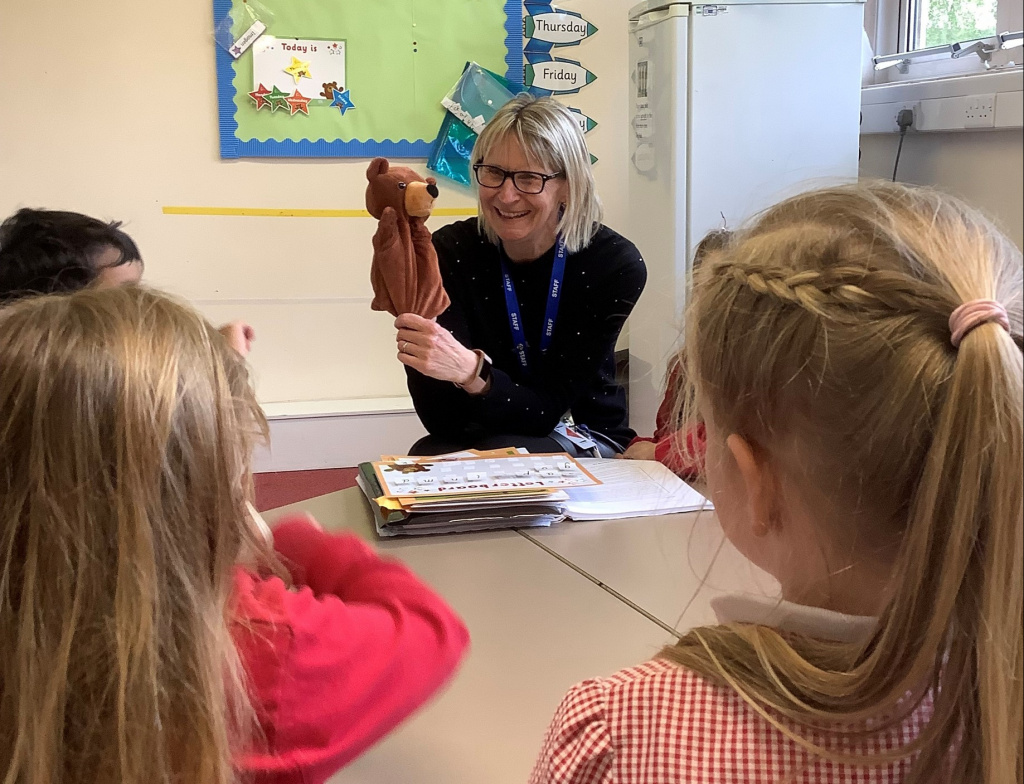
Over 1.7 million children are estimated to be behind with talking and understanding words, an increase of over 200,000 from pre-pandemic numbers. Concern about support for children whose language development has been delayed is also rising, with over 70% of schools worried about pupils’ communication, according to research by the Education Endowment Foundation.
For primary school teachers, this represents a continuing challenge. Communication and language are important building blocks for learning. As speaking and listening skills develop, children build the foundations for literacy, for making sense of visual and verbal signs and ultimately for reading and writing. And without a broad vocabulary, children struggle to access and understand all areas of the curriculum.
The effects of delayed language development can be far reaching. If appropriate support is not given delays can persist in up to 60% of children, leaving them at risk of social, emotional, behavioural, and cognitive problems. Those who start school with limited vocabulary are also twice as likely to be unemployed as adults and to suffer with poor mental health.
While the research paints a bleak picture, it also shows that with the right provision, inequalities in children’s language development can be reduced. Early action is key and targeted programmes such as the Nuffield Early Language Intervention (NELI) can be used to close the gap and improve educational outcomes.
Developed by leading academics – and made available to schools by OxEd & Assessment in partnership with Pearson - NELI is an evidence-based early intervention programme that works. Research show that it improves children’s language by 3–5 months, with gains in language still seen two years later. NELI was also shown to improve children’s behaviour in school .
Using the NELI intervention in a special school